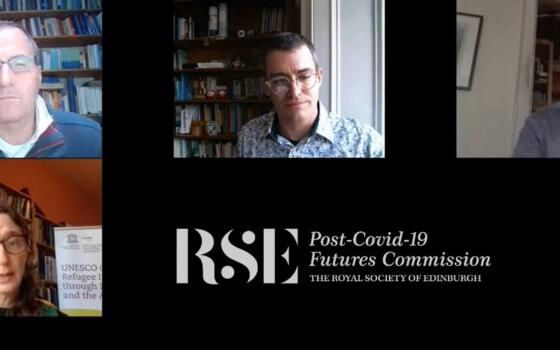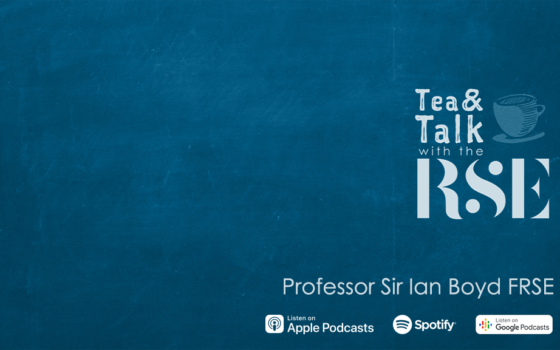Can Science Do Better in the Next Pandemic?
More than a decade ago, I was part of the team responsible for contingency planning across European aviation. We prepared for low-probability, high-consequence events including natural disasters, cyber-attacks, equipment failures and pandemics. We encouraged stakeholders to consider the ‘worst plausible’ consequences. Yet, the eruption of Eyjafjallajökull, and a series of critical infrastructure failures, revealed the limitations of our imagination. We underestimated the likelihood of these adverse events. The scale of our struggle against Covid-19 suggests we also underestimated the consequences.
Traditional science and engineering methods control as many variables in an experiment as possible to increase confidence in narrow hypotheses. This directly opposes the broader needs of society during adverse events-where where we cannot control changing circumstance.
Whether it be the impact of volcanic ash on the safety of jet engines, or the effects of vaccines on the R-number of a virus, politicians have made decisions in anticipation of the evidence. The results are always preliminary and lacking peer review. The sample used to test a hypothesis is seldom sufficient.
Public confidence has been lost as decisions to close the skies, or to ease lockdowns, have been reversed in the light of changing scientific evidence. Experimental results derived under the pressure of contingency events typically provide partial insights with limited confidence, and requiring proper interpretation before they inform recovery.
Public confidence is key in resilience, and we need to train scientists and engineers to help policymakers. As a Software Engineer, I need to understand the UK’s failure to deliver a world-leading track and trace system.
There is a reinvigorated need to consider interactions between the engineering and the social sciences.
Trials of the UK contact tracing app stored data about an individual’s contacts on centralised servers operated by the health service. While this helped monitor the spread of any outbreak, it also raised privacy concerns.
Other nations, including Singapore and France, also struggled to overcome these concerns. It is a salutary lesson that the success of technical innovation depends on an understanding of end-user perceptions of these technologies. In contrast, Australia, Korea and New Zealand implemented successful systems that eschewed mobile technologies but integrated many other information systems and that arguably raised far deeper questions about privacy.
Very few of our elected representatives or the civil servants that they rely upon have a background in Science and Engineering.
Parliamentary committees are now considering our response to Covid-19, including the failure of track and trace. These committees need the support of a new generation of engineers and scientists who acknowledge the limitations of evidence provided to key decision makers and the need to look beyond the boundaries of traditional disciplines.
The final lesson I have learned recently is to remain optimistic and never underestimate the resilience of society. We have made huge progress, not only in the fight against Covid-19, but also in engaging the next generation of scientists and engineers to work with politicians, and to regain the confidence of the general public.


